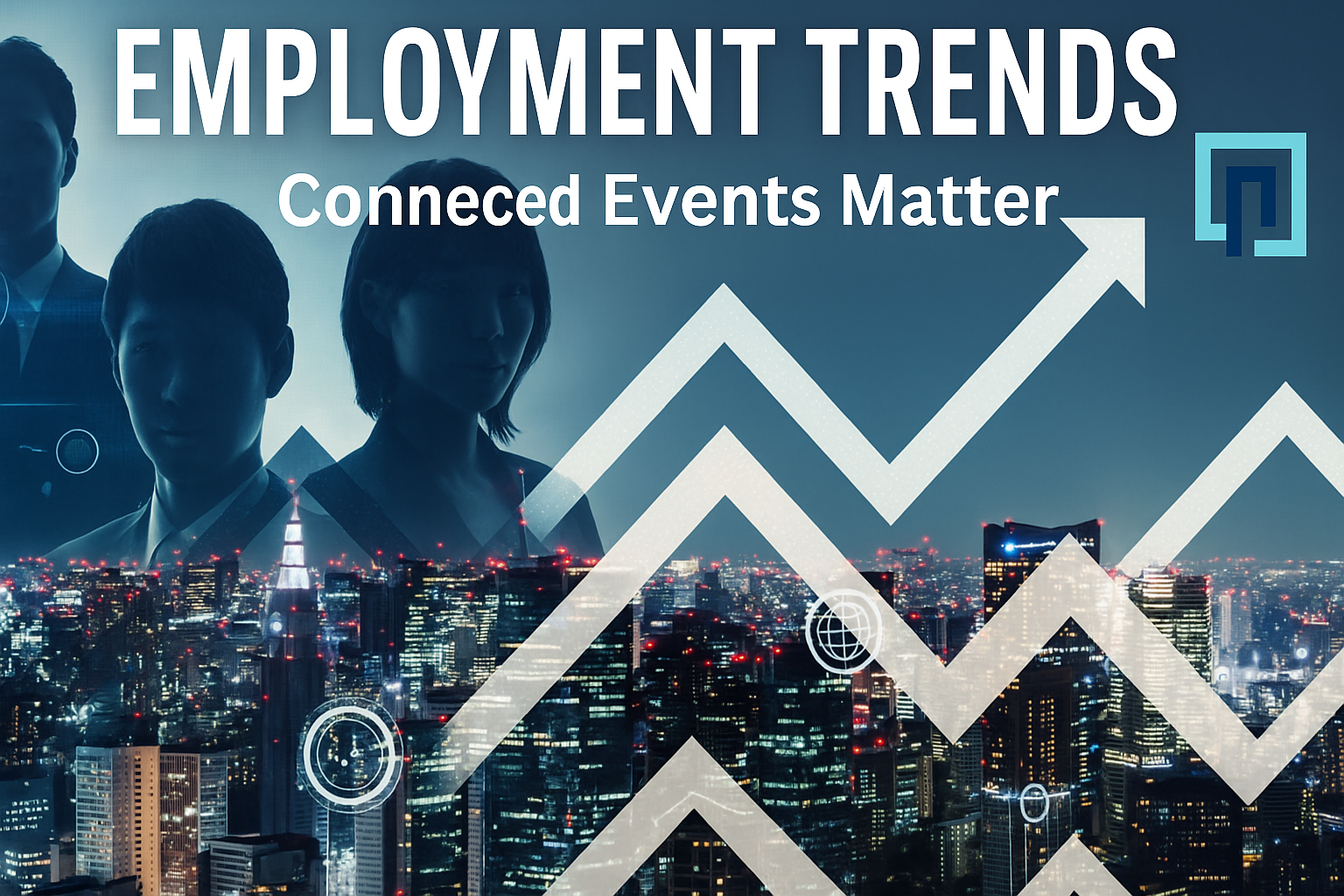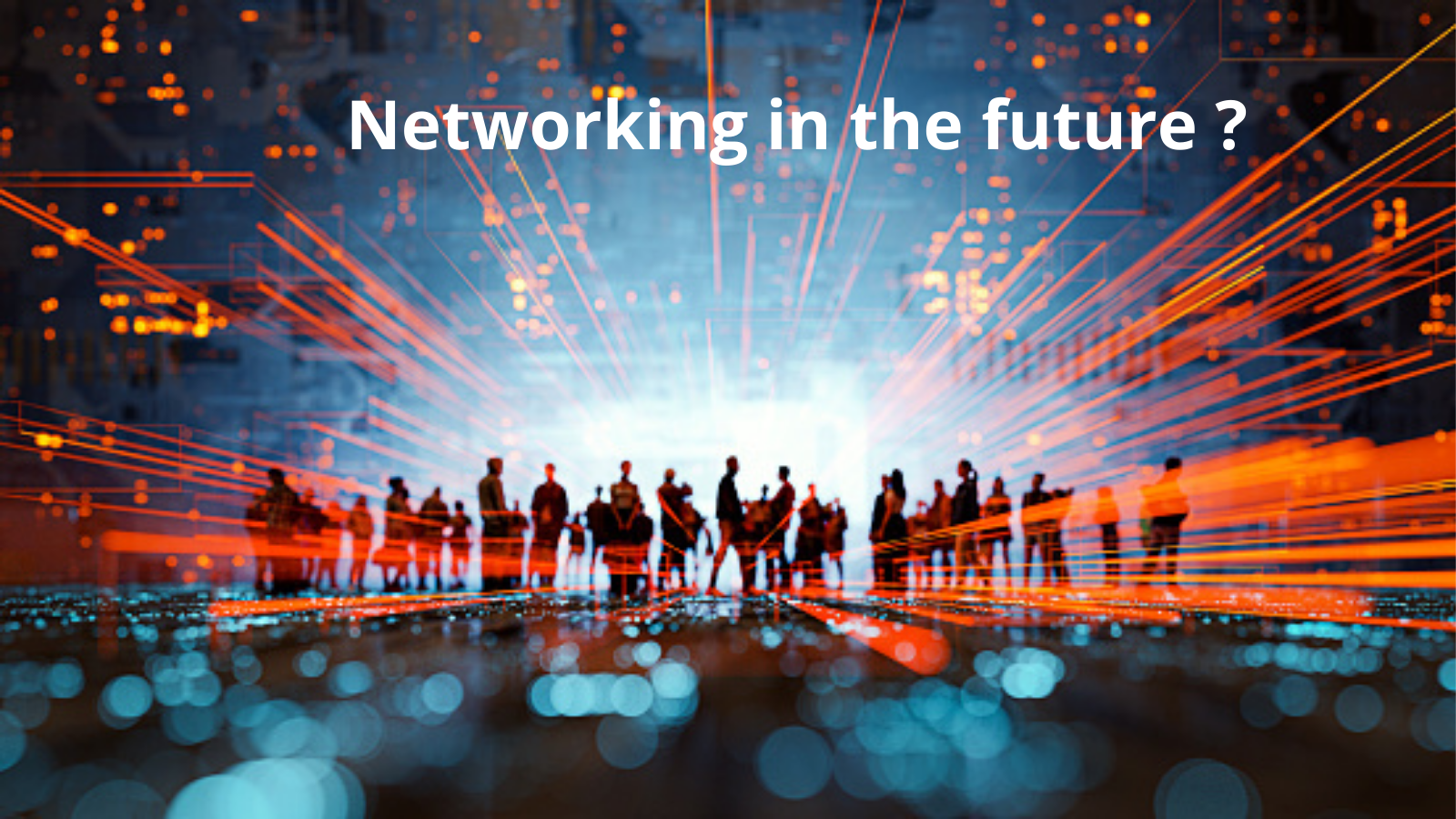It is a common belief that our past experiences define who we are and what we can achieve in the future. However, this idea is both limiting and misleading. Our past is a collection of moments—both good and bad—that have shaped our present. But these experiences do not have the power to dictate our future unless we allow them to. We are not prisoners of our past; we are the architects of our future.
Letting Go of Negative Emotions: The Power of Forgiveness
One of the main reasons people feel trapped by their past is their attachment to negative experiences—anger, resentment, regret, and bitterness. These emotions can cloud our judgment, distort our perception of the present, and prevent us from moving forward. But by practicing forgiveness—both for ourselves and others—we can release the heavy burden of these emotions.
Forgiveness does not mean forgetting or excusing what has happened. It means choosing peace over pain, acceptance over bitterness. It means freeing ourselves from the emotional chains that keep us stuck. When we forgive, we make room for healing and growth.
Learning from Mistakes: Turning Setbacks into Stepping Stones
Your past is not a life sentence; it is a lesson. Mistakes and failures are not marks of shame—they are opportunities for growth. Each misstep carries a lesson, a piece of wisdom that can guide you in the future. Instead of dwelling on past mistakes, choose to see them as stepping stones toward your goals.
Ask yourself: What did I learn from this experience? How can I use this knowledge to make better decisions moving forward? By reframing your past as a source of insight rather than regret, you empower yourself to build a better future.
Embracing the Present: The Key to Lasting Happiness
Living in the present is one of the most powerful ways to break free from the hold of the past. When we focus on the here and now, we become aware of life’s small victories and joys—the things that often go unnoticed when we are consumed by regret or worry. Whether it’s the warmth of the morning sun, a meaningful conversation, or a moment of quiet reflection, appreciating the present keeps us grounded and motivated.
Practicing mindfulness—being fully engaged in the present moment—helps you let go of past regrets and future anxieties. It allows you to experience life fully and pursue your goals with a clear mind and an open heart.
Creating a New Reality: You Are Not Defined by Your Past
Your past is a chapter in your story, but it is not the entire book. You have the power to turn the page and begin a new chapter, one defined not by what has happened to you but by what you choose to create. By letting go of negative emotions, learning from your mistakes, and embracing the present, you can build a new reality—one filled with purpose, joy, and possibility.
🌱 Ready to break free from the past? Start by letting go of negativity, learning from your mistakes, and embracing the present. Your future is in your hands. Comment below—what's one lesson from your past that has helped you grow? Share this post to inspire others.








